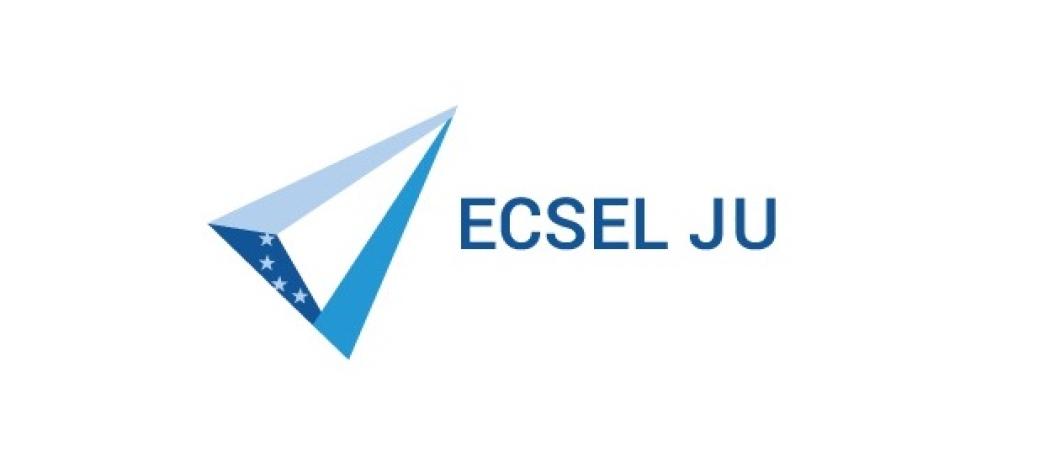European Court of Auditors unable to confirm legality of payments made by industry R&D partnership

The European Court of Auditors (ECA) has been unable to verify that payments made by the industry-led electronics public-private research project, Electronic Components and Systems for European Leadership (ECSEL), complied with EU rules. The payments in question were made for projects originally funded under Framework Programme 7, which ended in 2013 and preceded Horizon 2020, the EU’s current research funding programme.
The auditors' assessments come at a time when EU policymakers are still to decide the future of the Joint Undertakings, which are research partnerships between the EU and other public or private bodies. The eight Joint Undertakings audited by the ECA, seven of which are public-private partnerships, including ECSEL, all receive funding from Horizon 2020, which will expire at the end of 2020.
The Commission, Council, and Parliament are currently thrashing out new legislation for the successor programme, Horizon Europe. Where any of the Joint Undertakings will fit into that framework and how each will be funded, if at all, remains uncertain.
When Horizon 2020 launched in 2014, ECSEL replaced two different Joint Undertakings that were funded under Framework Programme 7, ARTEMIS and ENIAC. According to the auditors' report, by the time of their closure ARTEMIS and ENIAC had made commitments of €623 million. Payments arising from those commitments carried over to ECSEL's accounts, alongside payments for new projects under Horizon 2020. By the end of 2017, payments by ECSEL for projects funded under Framework Programme 7 amounted to €488 million.
Bert De Colvenaer, executive director of ECSEL, told Science|Business the auditing problem arises because those payments are approved in EU member states, with ECSEL footing a portion of the bill. Since the ECA's jurisdiction is limited to the EU institutions it cannot audit the national funding agencies that approved the payments. Instead, said De Colvenaer, national auditors report to the European Parliament, but ECSEL cannot pass the ECA’s audit.
Usually you don’t audit things twice
Since this problem arises with every annual audit, the result is a kind of year-long Groundhog Day for ECSEL's accounts. "This is an issue that's already been on the agenda for the last five years. It's a recurring problem. The court keeps pushing, and we keep pushing the same reply," said De Colvenaer. "I tell this to the Parliament every year: 'I was here last year, I'm here this year, and I will be here again next year,' and they laugh," he said. "Usually you don’t audit things twice."
The other seven Joint Undertakings all received a clean bill of health from the ECA, though the court noted "shortcomings" in the budget planning of Fusion for Energy (F4E), which manages the EU's contribution the International Thermonuclear Reactor, ITER, an international effort to build a cold fusion reactor.
The ECA said F4E's costs were at risk of rising by as much as 82 percent on the previously approved €6.6 billion, and that delivery would be 15 years later than originally planned. A spokesman for F4E told Science|Business that the delays and rising costs were the result of changes to the ITER project. “The planning has changed, and the project has been reconfigured in the way it will be built and delivered,” he said.





 A unique international forum for public research organisations and companies to connect their external engagement with strategic interests around their R&D system.
A unique international forum for public research organisations and companies to connect their external engagement with strategic interests around their R&D system.